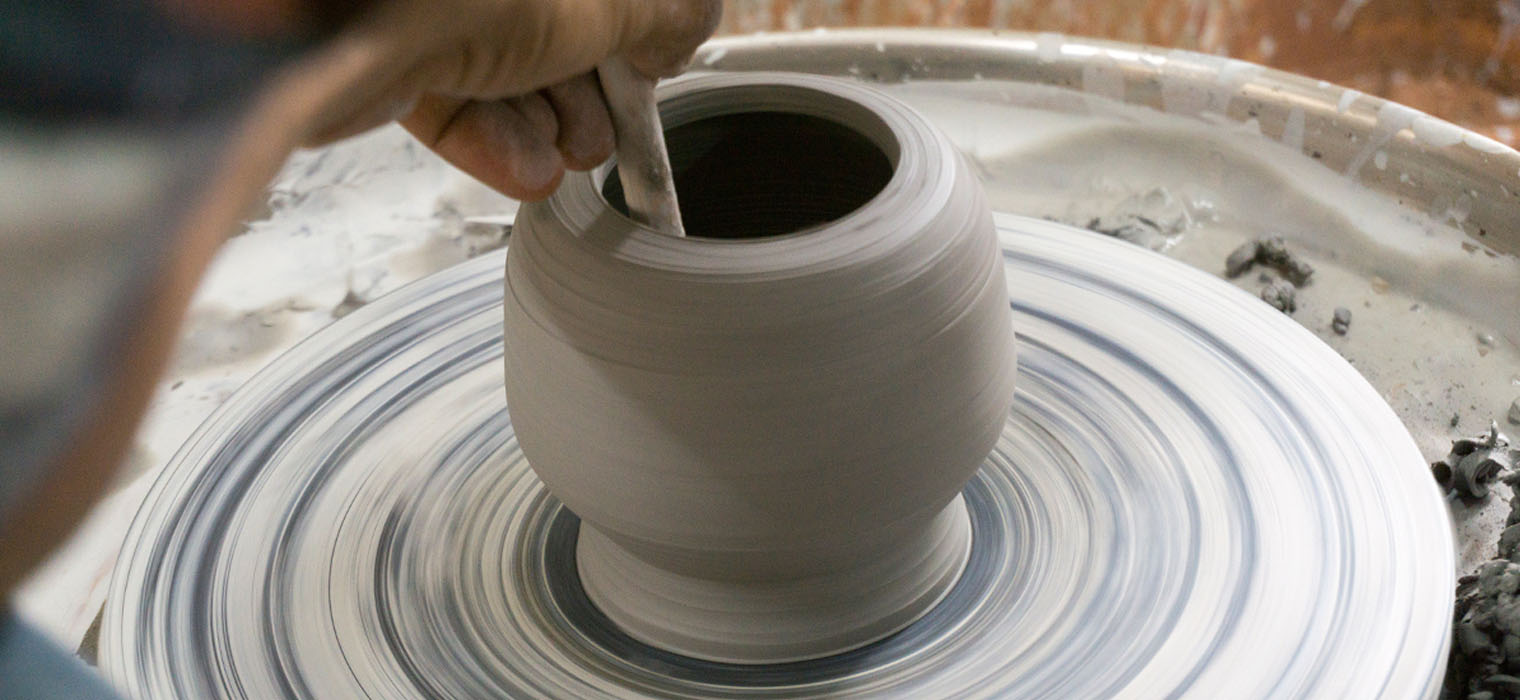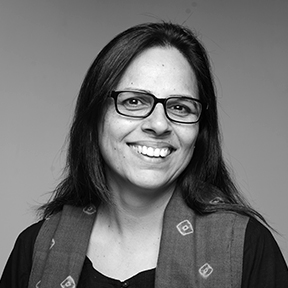Neelima Hasija is a principal designer/faculty with Ceramic and Glass discipline at National Institute of Design, Ahmedabad. She is currently heading the Strategy and Planning department in the capacity of Activity Chairperson, S&P, and is also serving as a member Senate, NID.
Having graduated in Fine Arts from M.S. University, Vadodara in 1995, Neelima enrolled into the Advanced Entry Programme at NID and specialised in Ceramic Design. She has 22 years of cumulative experience of working as a design professional with the corporate, academics and craft & development sector. She joined the institute as a teacher in 2002.
Prof. Neelima Hasija teaches various courses related to fundamentals of design, with special reference to industrial design and ceramic and glass materials. She has been instrumental in shaping and intensifying glass-related inputs in the department and developing academic and research collaborations with the MSME glass cluster of the country. Her varied interests include Traditional Crafts and Culture, Craft Research and Design, Design for Development, Material Culture, Form Studies and Systems Thinking and its application in design.
In 2004, she organised and co-anchored the first international conference on Indian Crafts in India, named, “Indian Crafts: The Future in A Globalising World” and is also co-editor of the book, “Indian Crafts in a Globalizing World” published in 2017. In 2018, she co-curated the exhibition “Center and Beyond” representing the journey of 50 years undertaken by the Ceramic and Glass discipline since its inception in 1968 and hosted the symposium, “Connecting the Dots: Past, Present and Future”. The publication capturing the spirit of design education in ceramic and glass at NID is underway. She has contributed an article: A Desi Bauhaus: The Development of a Modernist Idiom of Ceramics at the National Institute of Design for the Marg magazine, named, Indian Ceramics: History and Practice, Volume 69, 2017.
Neelima has extensively contributed to the outreach and consultancy services of NID by conducting a number of projects and workshops for artisans all over India. These have deepened her understanding at many levels and have sensitised her to the concerns of material and form and the wider socio-economic and sustainability-oriented issues of crafts thereby, gradually expanded the scope for the systems’ project to cover more small and medium-scale industries.
Her decade long association and contribution to the Indian glass sector in the capacity of a Principal Investigator for the Government of India’s Department of Science and Technology’s projects under the Ministry of Science and Technology has garnered new opportunities for designers, glass artisans and the sector. She carried out extensive field research and strategized design interventions at various levels for the development of the industry as well as the glass practicing communities. These projects worked on the overlaps of design academic, Indian glass sector’s current context and abilities and aspirations of design students.


